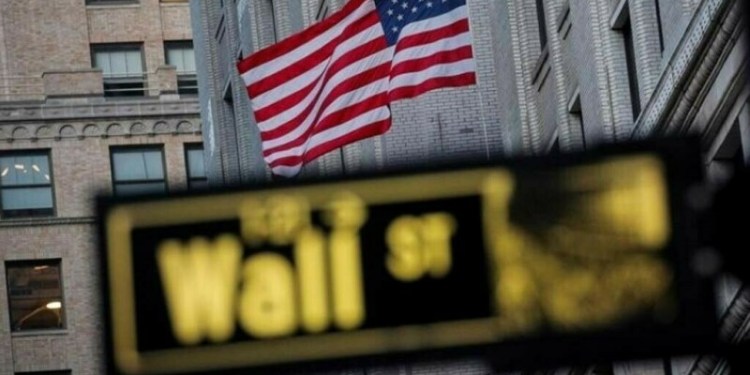* Steel, coking coal on track for biggest-ever one-day drop
* Retail investors exit in droves as lending costs jump
* Sell-off spills into base metals
By Josephine Mason and Melanie Burton
BEIJING/MELBOURE, Nov 30 An exodus of cash from steel to rubber to zinc threatened a blistering months-long rally across global commodity markets on Wednesday, triggered by fresh concerns about liquidity in China, the world’s second largest economy.
Retail and institutional investors scrambled to exit bullish bets and shore up cash amid government efforts to steady the sliding yuan currency and curb capital outflows.
Coking coal futures and construction product steel rebar posted their biggest one-day falls on record, while Shanghai lead and zinc led steep falls across base metals and rubber dropped sharply.
“Both longs and shorts are fleeing the commodities market,” said Liu Xinwei, steel analyst at Sublime. “Capital is flowing into risk-free products, as the treasury bond prices fall and yields increase.”
Yuan borrowing costs surged after the central bank pulled funds from the financial system, making investments in commodities and equities more expensive and less attractive.
Analysts said the selloff was long overdue after a months-long surge in steel and iron ore, China’s largest commodity futures markets, which fed into a recent speculative surge in copper, zinc and lead.
Shanghai copper hit 3-1/2-year highs earlier this month, while steel rebar futures touched their loftiest level since April 2014 on Tuesday.
Still, the reversal was stunning in both its speed and size, reflecting the major role China’s retail investors with an appetite for risk play in global commodity markets.
Coking coal futures on the Dalian Commodity Exchange and steel rebar on the Shanghai Futures Exchange fell 8 percent and 7 percent respectively, while iron ore dropped 8 percent, one of its worst daily performances since the contract launched three years ago.
Technical and computer-driven selling and book squaring ahead of the month and year-end added pressure for a second straight day of selling, after China’s major commodity exchanges introduced new measures to tame the spectacular rally.
Shanghai zinc and lead plunged 7 percent, while nickel, tin and copper slid 4 percent or more, dragging down London Metal Exchange metals.
The selling wiped out some of the massive gains in base metals seen over the past few weeks fueled by hopes that U.S. President elect Donald Trump would boost infrastructure spending.
A reduction in China’s steel capacity along with robust infrastructure spending has fuelled a 90 percent spike this year in prices of construction steel product rebar.
Analysts said a reversal was long overdue as the scale of the rally driven by speculative cash was not justified by fundamentals.
Demand for steel and copper in China, the world’s top commodities market, from infrastructure and construction is relatively steady, but supplies are relatively robust.
“If the cost of borrowing has gone higher, then obviously the bubble will come off a little bit,” said Bonnie Liu, General Manager of GF Futures in Hong Kong.
“Technically we probably will see further selling, but probably we will see buying into the dips will be the strategy for next year.”
(Additional reporting by Muyu Xu in BEIJING; Editing by Richard Pullin)



























